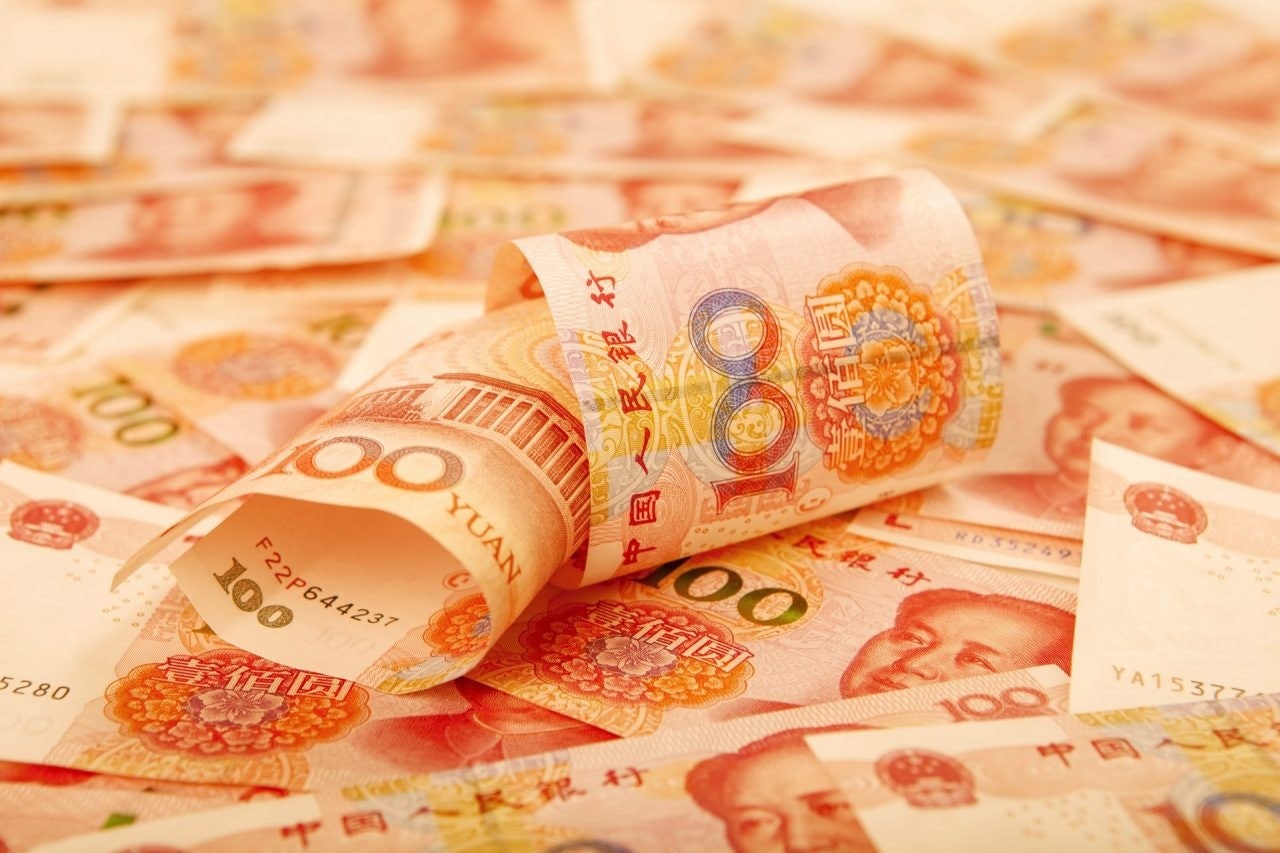The yuan is trading higher against the British pound because of the recent terrorist attack in Manchester and the narrowing gap between Labour and the Tories leading up to the British election on June 8. A cheaper pound and a stronger yuan will likely encourage an increase in Chinese tourists traveling to the UK as it has in the past.
On May 20, the pound was trading for 8.97 RMB but has since fallen to 8.77 RMB. This is following a substantial drop following the Brexit referendum on June 23, 2016. From June 23 to October 12 of last year, the pound dropped in value from 9.8 RMB to 8.23 RMB.
The recent election concerns and terrorist attacks have erased much of the gains of the pound versus the yuan that has occurred in the eight months since then. Although still unlikely, a Labour victory may intensify economic concerns and stimulate a further drop.
A recent YouGov poll places Labour about 4 points behind the Conservatives. Another poll, by The Mail on Sunday, put the lead by the Conservative Party at only 1 percent, well within the margin of error meaning that Labour’s chances of winning a majority of seats in the House of Commons have improved dramatically since Prime Minister Theresa May called for the snap election in April.
While the recent economic and political uncertainty in Britain may worsen its economic outlook, there is a silver lining for industries catering to foreign tourists. The devalued pound will likely encourage tourist spending and may even attract more tourists, particularly from China.
Furthermore, even though the recent Manchester terror attack will certainly have a dampening effect on tourism to the UK, Euromonitor has already predicted that its impact will be negligible. According to Dr. Luke Howie of Monash University in Melbourne, terrorist attacks have a negative impact on inbound tourism but the effect is only temporary. Usually only lasting one to six months.
The drop in the pound due to the Manchester attack will likely also only be temporary but it is unlikely that the economic concerns over Brexit will subside in the near future. This means that the pound’s recovery is still a long way off and that Britain will likely remain an attractive, relatively cheap destination for tourists.
In the months following Brexit, Chinese tourist spending actually dropped by 12 percent and arrivals of Chinese tourists dropped by 1.3 percent, which Jing Daily has previously reported on. But there has since been a sharp rise in Chinese tourists to the UK. Chinese flight bookings rose in January 2017 by 81 percent over January of last year.
There has also been a "UK tourism boom" influenced by the weaker pound in 2017 so far. A continued weakening of the pound, due particularly to election concerns, will likely encourage this trend in the long-term meaning that airlines, hotels, and other firms dependent on foreign tourist spending can expect the number of Chinese tourists traveling to the UK to grow in the coming months.


